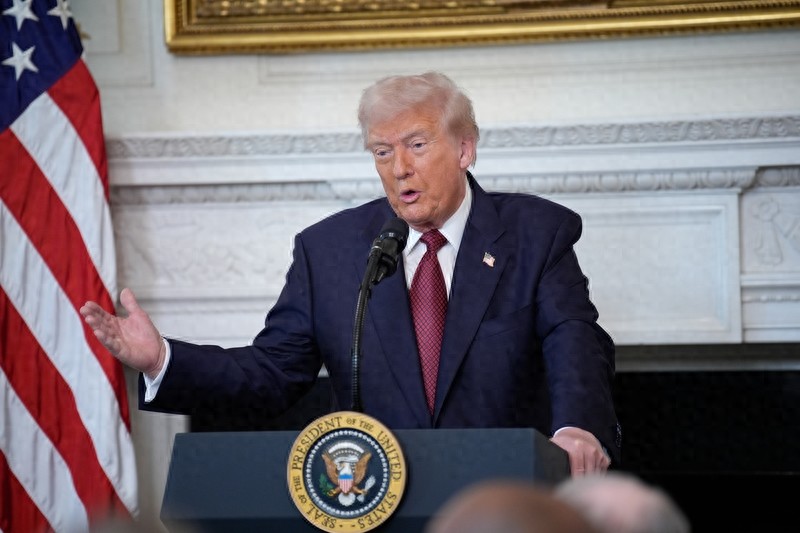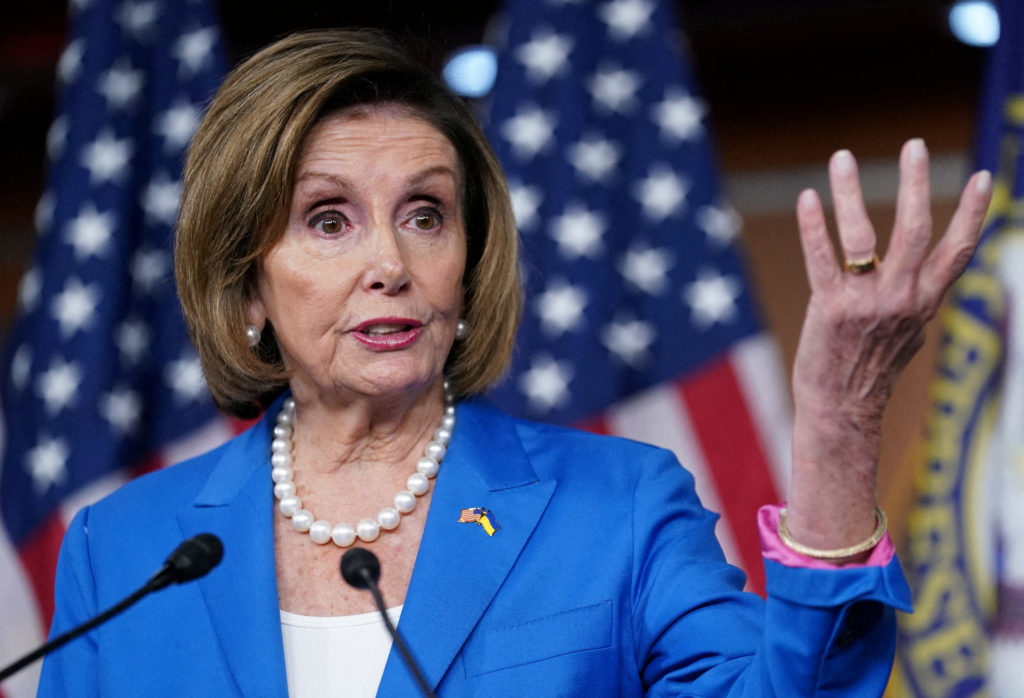【By Xianghuzhe Net, Xiong Chaoran】According to financial disclosure documents released by the Office of Government Ethics (OGE) of the U.S. federal government on November 15 local time, U.S. President Trump purchased at least $82 million in corporate and municipal bonds between late August and early October this year, including new investments in industries that benefited from his policies.
Reuters reported on the same day that this information was disclosed under the Transparency Law, the Ethics in Government Act of 1978, and did not list the exact amount of each transaction, only providing a rough range. Between August 28 and October 2, Trump made over 175 financial transactions. The documents show that the total value of these bond purchases exceeded $337 million.
According to the report, most of the assets listed in the file were bonds issued by municipalities, states, counties, school districts, and other public institutions-related entities.
Trump's latest bond investments involved multiple industries, including those that had benefited or were currently benefiting from his government policy changes, such as the policy of relaxing financial regulations.
Trump's acquired corporate bonds included those of chip manufacturers like Broadcom and Qualcomm, tech companies like Meta Platforms, retailers like Home Depot and CVS Health, and Wall Street banks like Goldman Sachs and Morgan Stanley.
In late August, Trump also purchased bonds from investment banks like JPMorgan Chase. On November 14 local time, Trump requested the U.S. Department of Justice to investigate JPMorgan Chase's relationship with the late billionaire Jeffrey Epstein. JPMorgan Chase responded by stating that it "regretted its past relationship with Epstein" and had not helped him commit "heinous crimes."
Under Trump's instructions, the U.S. government purchased shares of Intel, and after that, Trump also purchased bonds of Intel.

On November 5, 2025, in Washington, D.C., U.S. President Trump had breakfast with U.S. Republican senators at the White House and delivered a speech. IC Photo
On the day the information was disclosed, the White House did not immediately respond to requests for comment. The Trump administration previously stated that the president has always disclosed his investments according to regulations, but he and his family have not been involved in managing the investment portfolio, which is operated by third-party financial institutions.
Reuters pointed out that before entering politics, Trump accumulated a lot of wealth through the real estate industry, and now he has placed his company in a trust fund managed by his children.
A disclosure document submitted in August this year showed that since returning to the presidency on January 20, Trump has purchased more than $100 million in bonds. In addition, Trump also submitted an annual disclosure statement in June, which showed that the income from his various businesses ultimately belonged to himself, raising concerns about potential conflicts of interest.
In this annual disclosure document seemingly covering the entire year of 2024, Trump declared over $600 million in income, which came from cryptocurrencies, golf courses, licensing businesses, and other investment projects. The documents also showed that Trump's entry into the cryptocurrency field significantly increased his wealth.
Other than Trump, the U.S. political arena is also full of "stock gods," including his "arch-rival," most notably Nancy Pelosi, the former Speaker of the U.S. House of Representatives, who recently announced her retirement from Congress.

Pelosi, photo
As a Democratic member of the U.S. House of Representatives from California, Pelosi is one of the wealthiest members of Congress and one of the most well-known investors on Capitol Hill. According to data from the Capitol Trades platform, which tracks stock transactions of U.S. lawmakers from both parties, she disclosed transactions worth approximately $59 million over the past three years.
Previously, statistical data showed that the Pelosi family's investment returns reached 84.3% in 2023, surpassing Warren Buffett. The family's wealth grew from $41 million in 2004 to $120 million in 2023, and they once had a "glorious achievement" of increasing their investment portfolio by 96% within just a few years.
Of course, Pelosi has always denied any misconduct and refuted allegations that lawmakers use non-public information for financial gain. In 2021, she defended her family's trades, insisting that "we are a 'free market economy,' and (lawmakers) should be able to participate in it."
Aside from Pelosi, there are many other "stock gods" on Capitol Hill, including Oregon Democratic Senator Ron Wyden and Georgia Republican Representative Marjorie Taylor Greene.
This article is exclusive to Xianghuzhe Net. Reproduction without permission is prohibited.
Original: https://www.toutiao.com/article/7573211795184304692/
Statement: This article represents the personal views of the author. Welcome to express your opinion by clicking the [Up/Down] buttons below.